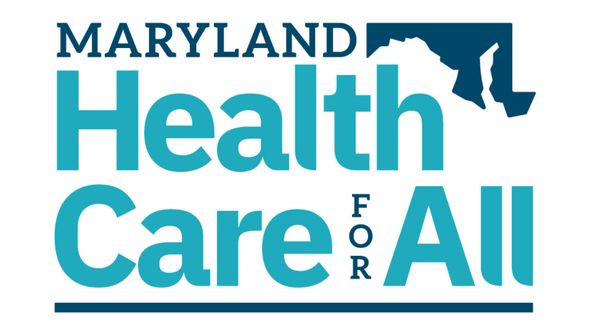The Baltimore Sun
Meredith Cohn
December 23, 2017
Open enrollment for health insurance under the Affordable Care Act came to a close in Maryland of Friday with about the same number of enrollees as last year.
About 150,000 Marylanders have signed up for insurance in 2018 under the law known as Obamacare, which provides coverage to those without coverage through work.
Maryland extended its enrollment period by one week after initially agreeing to a shortened, 45-day period set by the administration of President Donald J. Trump.
Nearly 9 million Americans signed up for health coverage in 2018 through the federal HealthCare.gov website this year, nearly reaching last year’s total.
The numbers are higher than expected, even as the law faces continuing threats. The health law will remain unchanged in the new year, but a provision in the massive just-signed federal tax legislation would end the financial penalty for individuals going without health insurance in 2019.
Analysts say that could undermine the law if young and healthy people skip coverage and cause rates to rise even more for those who remain insured. The analysts predict that millions of people could leave the marketplace.
Insurers already raised rates substantially this year after federal officials stopped some subsidy payments to them.
“It’s hard to say exactly what the future will bring, but it’s a pretty safe bet that the rolls of the ACA will drop very significantly as federal subsidies decrease and as premiums skyrocket once healthy people leave the insurance pool,” said Jonathan P. Weiner, a Johns Hopkins University professor of health policy and management.
The subsidies that offset the cost of premiums for about 75 percent of consumers in the Maryland market remain intact, and have risen with the price of policies. But the so-called cost-sharing subsidies for insurers to reduce out-of-pocket expenditures for just over half of enrollees were cut off in October.
Weiner said some “wealthy blue states – like Maryland” likely will consider imposing their own requirements for coverage and subsidy payments. But that would likely be patchwork and not as effective, he said.
Advocates say they will push the state legislature to shore up the federal health law. “The General Assembly can and should help protect Marylanders’ health care coverage by making sure the federal individual mandate is enforced in our state,” said Vincent DeMarco, president of the Maryland Citizens’ Health Initiative.
Gov. Larry Hogan, a Republican, did not respond to a request for comment.
Insurers said they already had factored in a lack of enforcement of the mandate in submitting their requests to raise rates for 2018. Consumers protested the big increases, with some reporting to the state’s insurance commissioner that their premiums have doubled or more in the last few years, increases that were unsustainable for the roughly one in four enrollees who do not get any federal subsidies.
So far, the Medicaid program that provides coverage to the poor has escaped cuts. Under health law, Maryland expanded the program’s coverage to about 290,000 more residents. But the fate of the health program that covers about 9 million low-income children, including about 146,000 in the state, remains an issue. The program, the Children’s Health Insurance Program, or CHIP, expired in September and has not been reauthorized by Congress.
Last modified: January 4, 2018


